
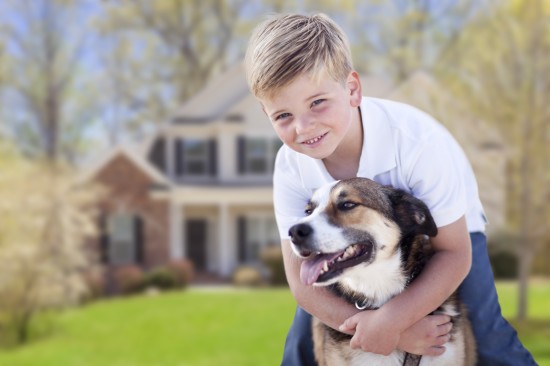
Having both children and a dog is generally highly beneficial to both parties, and children and dogs generally get on very well. Dogs are often much more tolerant of little people than they will be of adults, particularly if they have known your child since they were a baby or joined your family as a puppy. Whatever the age of your child and regardless of how tolerant your dog is, it is important to review your child’s behaviour towards your dog on a regular basis, and make sure that they behave appropriately towards your dog at all times. This is important not only to allow the dog to get some peace and quiet and not become unduly stressed, but to protect your child from injury from either your own dog, or another dog that they might meet.
Read on for our checklist of areas to consider when reviewing your child’s behaviour towards your dog.
It is important that your children be supervised around your dog at all times when they are young, and regardless of their age, that they are never left alone with your dog if you suspect that the behaviour of either child or dog might be unpredictable. Younger children will not be able to understand or put into practice the lessons and appropriate behaviour protocols that we will cover below, and you should not assume that all older children can either!
Your dog should have a safe, quiet place within the house that they can call their own; their crate, their bed or quiet room. Your child should understand that when your dog is in their personal space, they are not to be disturbed or encouraged to play, and that if your dog retreats to their space while playing, your child should not pursue them. Your child should also be taught to read your dog’s body language, and learn to tell when your dog is getting upset or irritable, and back off.
However much your dog enjoys playing with your child, it is important that your child knows when to call it a day or when to calm things down. Rowdy play is great, but if it gets out of hand, either dog or child might inadvertently become injured. Also, a dog that has had enough will become progressively more stressed and irritable, and may growl or snap at your child. If your dog does ever growl at or snap at your child, this behaviour should be nipped in the bud, but your child should also be taught the importance of not letting it get to that stage in the first place.
Even if your child is not playing with your dog directly, a lot of yelling, running about and activity may unnerve quiet or shy dogs, and your child should know enough about the personality of your dog to know what they enjoy and what might frighten them. If your dog becomes distressed or is finding things a bit too much, your child should take their game elsewhere, or the dog be shown to a quieter place.
It is really important to look at how your child interacts with your dog physically, and ensure that they do not pull your dog about or hurt them. Children under ten should not be expected to be able to issue training commands to dogs unsupervised, nor to ever tell them off or smack them. Make sure that your child does not pull your dog’s ears or tail, poke their fingers into your dog’s face, or otherwise handle them too roughly or bother them unduly.
Make sure that you have firm rules and training protocols in place for your child and your dog, and that your child does not sabotage them! Allowing your dog onto furniture that they are banned from, encouraging them into their beds, secretly giving treats, or passing off table scraps or unwanted food to your dog are all ways in which your child may subvert your household rules. Dogs are almost always a willing partner in crime for your child if it gets them something that they want!
However well behaved and responsible your child of any age is around your dog, it is important to pay some mind to the behaviour of any friends that your child might have over to visit. Make sure that any children that you do not know very well are supervised by an adult when around your dog, and that the parents of any child invited over knows that you own a dog too.
You should not rely on children younger than teenagers to be able to control their friend’s behaviour around your dog, nor assume that other children will behave appropriately around your dog at all times. As a parent and a dog owner, you have a responsibility to the parents of your children’s friends to keep their children safe when in your home and around your dog, and to ensure that other kids do not mistreat your dog either.
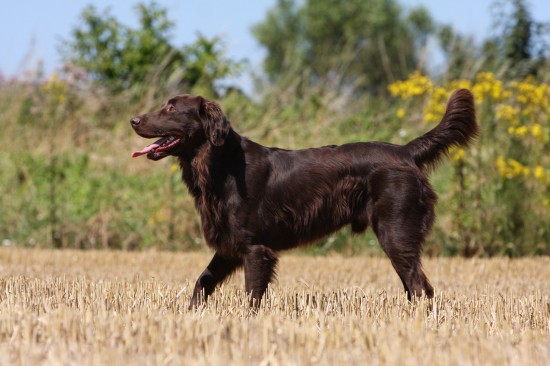 Some Frequently Asked Questions About The Flat Coated Retriever
Some Frequently A
Some Frequently Asked Questions About The Flat Coated Retriever
Some Frequently A
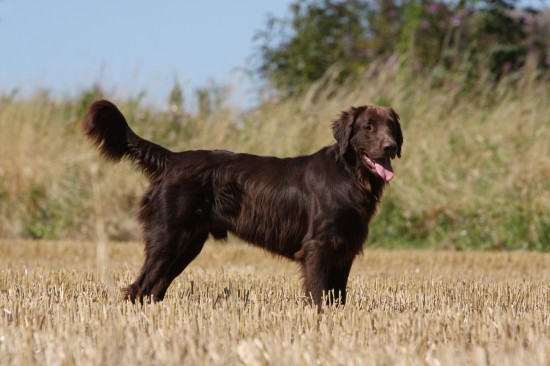 Flat Coated Retriever Hereditary Health And Longevity
Flat Coated Retri
Flat Coated Retriever Hereditary Health And Longevity
Flat Coated Retri
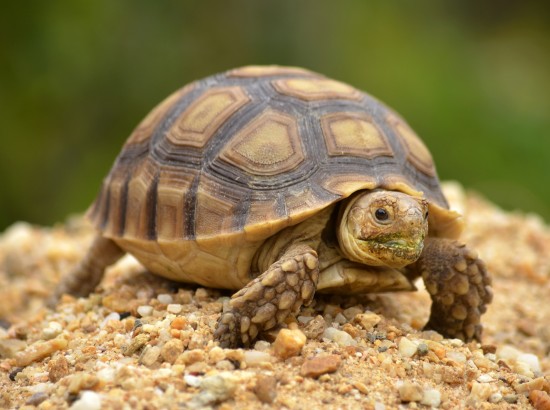 Tortoise And Turtle Shells, And Potential Problems
Tortoise And Turt
Tortoise And Turtle Shells, And Potential Problems
Tortoise And Turt
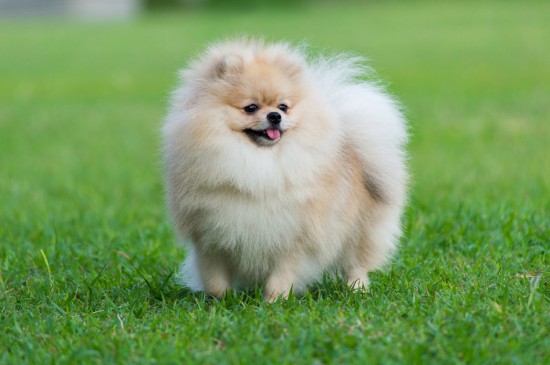 Top Grooming Tips For A Pomeranian
Top Grooming Tips
Top Grooming Tips For A Pomeranian
Top Grooming Tips
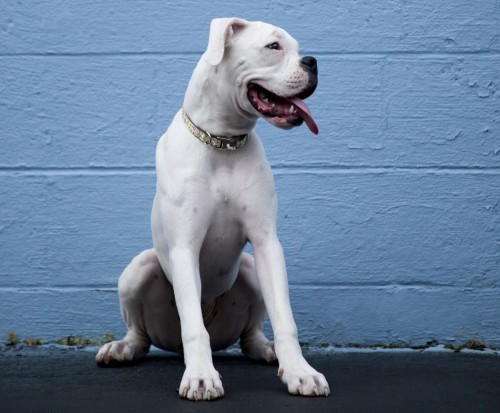 Five Of The Worst Reasons For Considering Getting A Dog
Five Of The Worst
Five Of The Worst Reasons For Considering Getting A Dog
Five Of The Worst
Copyright © 2005-2016 Pet Information All Rights Reserved
Contact us: www162date@outlook.com